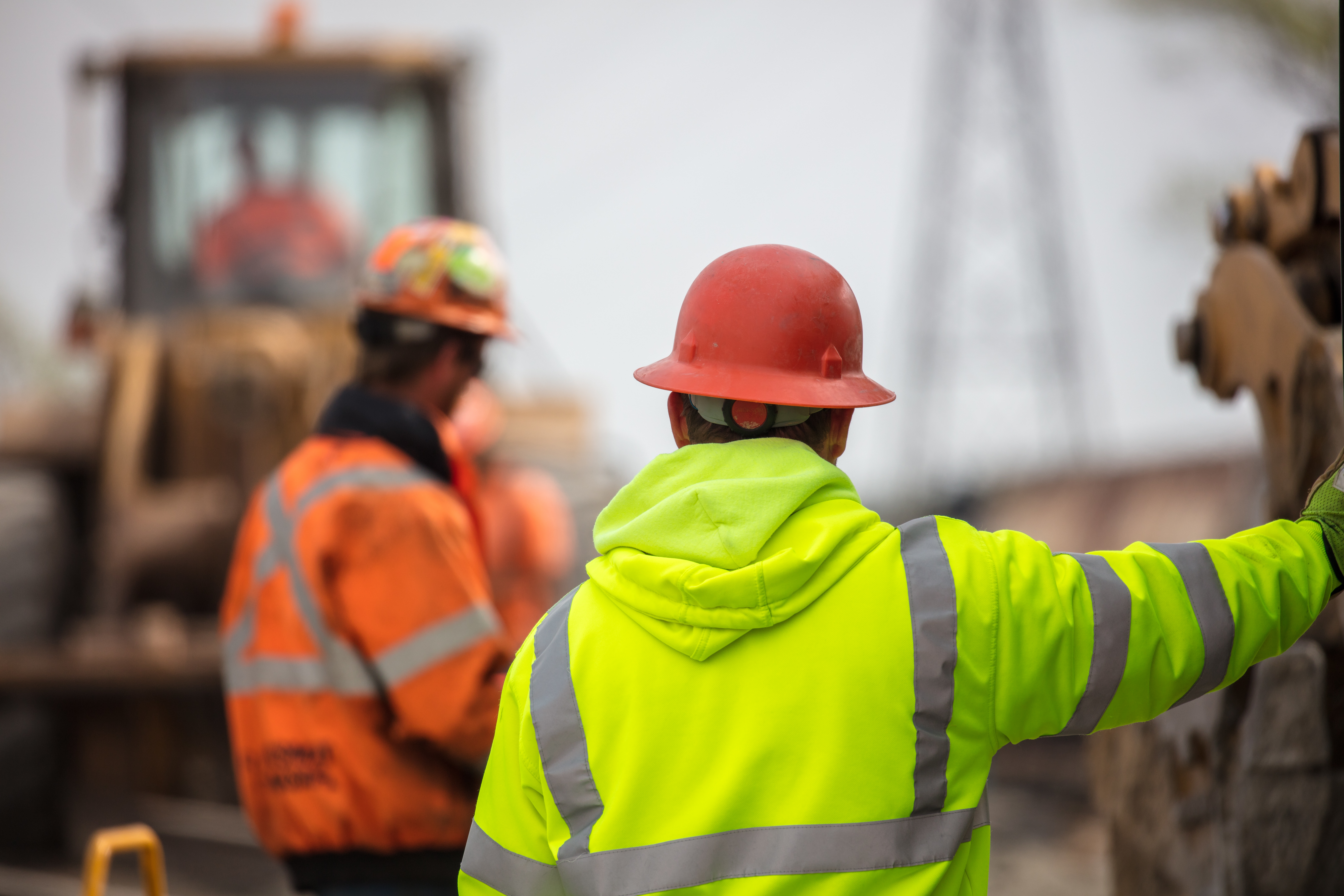Over the past few years, hundreds of studies have been released probing into the devastation of America’s opioid addiction epidemic. Everything from annual overdose counts, to gender data and much more. One notable addition to that list came out this past summer and delved into the industries hit hardest by the crisis. Interestingly enough, it was construction workers who seem to be the most at risk.
TheFix.com gathered the stats pointing to this alarming trend (based on research that had come out of Massachusetts). That data showed that contractors, engineers and everyday lay people appear to have the highest opioid-related overdose rates. Worse yet, their numbers are continuing to shoot up; with two times as many OD’s in 2015 than at the start of the decade.
Gathering overdose data from within the state, it was determined that construction industry workers made up over 24 percent of all fatalities. And knowing that opioids are primarily prescribed as painkillers, there is some logic behind the stats.
“The primary workforce in construction is male, and they’re twice as common to abuse prescription drugs than females,” study rep Eric Goperlund explained on the site. “And pain is a common feature among injured workers. Previous research indicates that opioids are frequently prescribed for pain management following work-related injuries, which has the potential to lead to opioid use disorders.”
Indeed, research has shown that four out of every 100 construction workers has been injured on the job. Just like many Americans impacted by the crisis; a simple fall or slip has led to disastrous consequences. Though these workers may start off receiving traditional painkillers, the habit can quickly escalate into heroin and other dangerous street drugs.
The Fix piece also notes that the construction industry has particularly harsh policies when it comes to addiction. On most jobs, if you are shown to be positive for substances during a random test you are let go immediately. Zero tolerance is the name of the game, primarily for safety reasons.
And while that is completely logical and acceptable, it doesn’t take into the account that uncontrollable disease that has taken over these people’s lives. Help and treatment options are usually never offered and, sadly, losing a job can spiral someone even deeper into an addiction,.
John Tello, another rep interviewed for the article, summarized it well when he said that the whole industry may need to take a step back and re-think how it’s dealing with this problem.
“You go on construction sites, and you see those signs saying ‘you’re out of there if you test positive,’” he explained. “It seems like there is a divide in what’s going on and what needs to be done to help these people. Helping wean workers off opioids as they prepare to return to work should be part of any rehabilitation treatment.”







